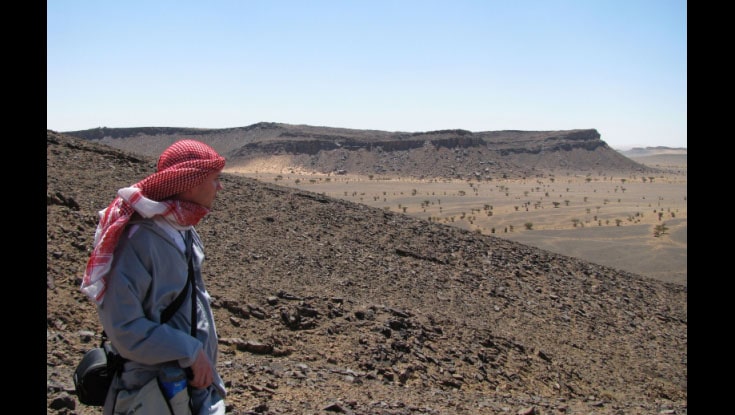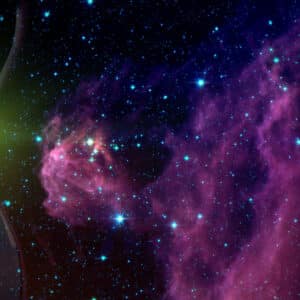NUIG Research: Solving Darwin’s Dilemma: the mystery of when animals first appeared on earth
Animals may have existed on earth for hundreds of millions of years before they first appear in the fossil record, according to new research from NUI Galway, just published in the journal, Palaeogeography, Palaeoclimatology, Palaeoecology.
Study Background
The international study, led by scientists from the School of Natural Sciences at NUI Galway, has shed light on a significant question which perplexed Charles Darwin over a century and a half ago. In his masterpiece, Origin of Species, Darwin had great difficulty in explaining the apparently sudden appearance of many different types of complex animals around half a billion years ago. This observation was based on evidence from the fossil record, but did not fit with his proposal that animals had slowly and gradually evolved from much simpler ancestors over a very long period of time. Darwin could only suggest that, for reasons then unclear to him, the earliest record of animal life on Earth was not represented in the fossil record. This conundrum would later be dubbed ‘Darwin’s dilemma’.
The research team has shown clearly for the first time that the earliest and most primitive animals to appear on Earth would not have had body tissues capable of becoming fossilised – even in situations where exceptionally well-preserved soft-bodied fossils are known to have formed. The oldest known fossils of animals thus do not represent the oldest animals.
Response
Dr Breandán MacGabhann (now at the Department of Geography, Mary Immaculate College), who coincidentally shares his birthday with Charles Darwin, conducted the research for his PhD degree at NUI Galway. He commented: “For most of the fossil record we find shells and skeletons, but little evidence of the soft-bodied animals like jellyfish and worms that actually make up the majority of marine animal life. The oldest animal fossils are just impressions left behind by soft-bodied creatures on the seafloor, from long before the time when animals first developed the ability to make shells. We have never known how well these fossils represent these very early animal communities, largely because these creatures were quite different from modern animals, but also due to the fact that we didn’t understand precisely how they came to be preserved as fossils.”
The team investigated fossils of bizarre disc-shaped creatures called ‘eldonids’, which were collected from the edge of the Sahara Desert in Morocco. Their anatomy and preservation was carefully examined in NUI Galway, and also in labs in the USA – work which included using cutting-edge geochemical techniques to reveal precisely how different parts of these unusual soft-bodied animals had become fossilised.
Read more at www.nuigalway.ie.












Comments